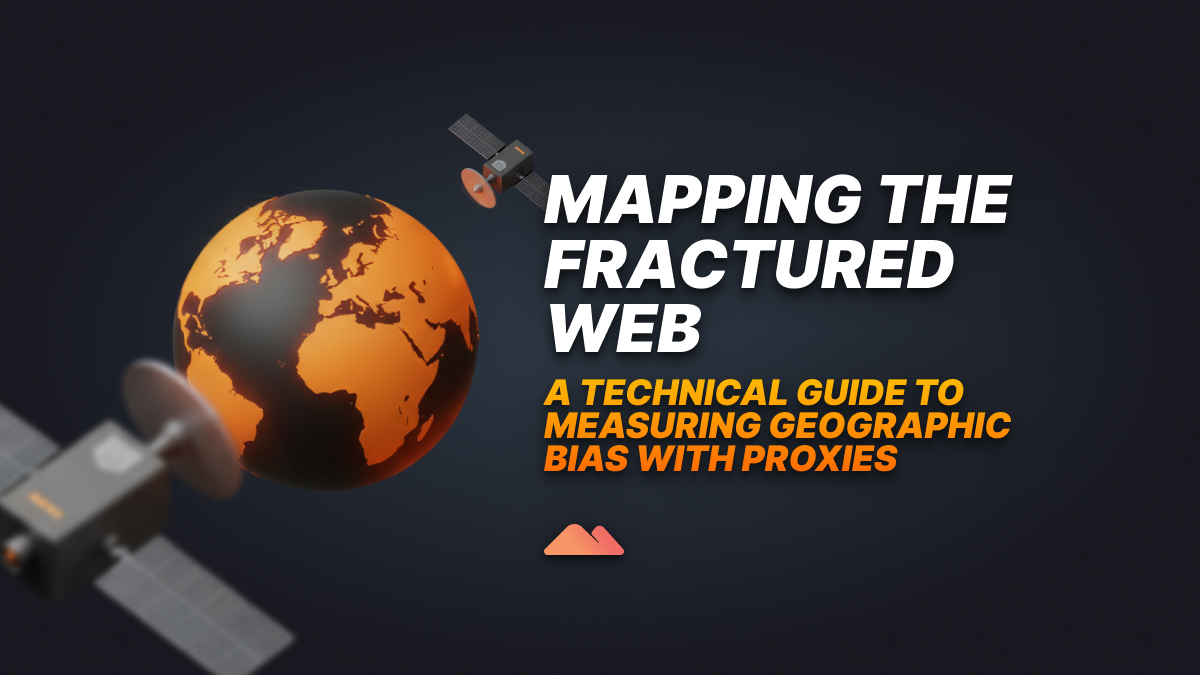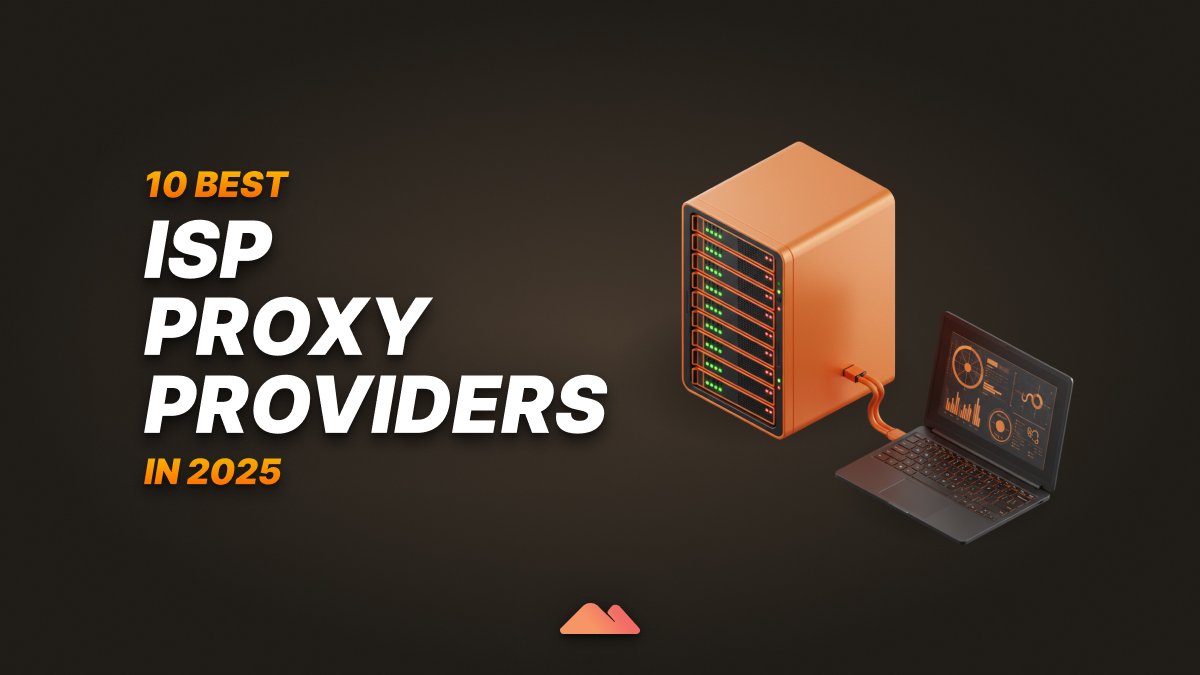In the early days of the internet, data extraction (or "web scraping") was more of a novelty than a necessity. It was a technique largely reserved for tech enthusiasts, looking to gather bits of information for personal projects or academic purposes. The vast digital expanse of the internet was ripe for exploration and these pioneers were setting forth with simple tools.
The 1990s: The Internet's Wild West
As the internet expanded, so did the thirst for data. Early hobbyists and programmers saw an opportunity. Simple scripts, often custom-coded for specific tasks, started pulling information from websites. However, these tools were rudimentary, and the extracted data often required extensive cleaning and organization.
The 2000s: Rise of E-commerce and SEO
With the boom of online businesses and e-commerce platforms, web scraping evolved from a hobbyist activity to an essential business tool. Companies began to recognize the value of data in understanding market trends, competitor prices, and customer reviews. SEO specialists, too, leveraged scraping tools to analyze keyword rankings and backlink profiles. During this decade, a myriad of specialized scraping tools emerged, catering to these specific business needs.
2010s: Big Data and Advanced Analytics
The advent of big data changed everything. Businesses were no longer content with simple data points; they wanted massive datasets to feed into advanced analytical models. Web scraping was at the heart of this data acquisition process. From finance to healthcare, industries recognized that insights gleaned from web data could drive innovation and competitive advantage. The rise of cloud computing further facilitated scalable, large-scale scraping operations.
Today: Web Scraping as a Business Imperative
Web scraping has become a cornerstone for modern businesses. In a world driven by data, having the latest information isn’t just advantageous—it's essential. Companies employ web scraping for myriad purposes: market research, sentiment analysis, competitor monitoring, and more.
Ethical Dimension: Navigating the Grey Zone
As with all powerful tools, web scraping comes with its set of challenges, primarily ethical. Companies must ensure that their scraping activities respect website terms of service, user opt-ins, and legal boundaries. The acquisition of data must be done transparently, considering user privacy and website integrity. Moreover, businesses should source data responsibly, working strictly with users who opted in to participate in services like residential proxies.
Conclusion: Looking Ahead
Web scraping has transitioned from a mere technique to a pivotal business process. As technology continues to evolve, the importance of web scraping will only grow. However, with its increased significance comes the responsibility to ensure ethical and responsible data extraction. In this data-driven age, businesses must strike a balance between staying informed and respecting the digital ecosystem.

I am the co-founder & CEO of Massive. In addition to working on startups, I am a musician, athlete, mentor, event host, and volunteer.










